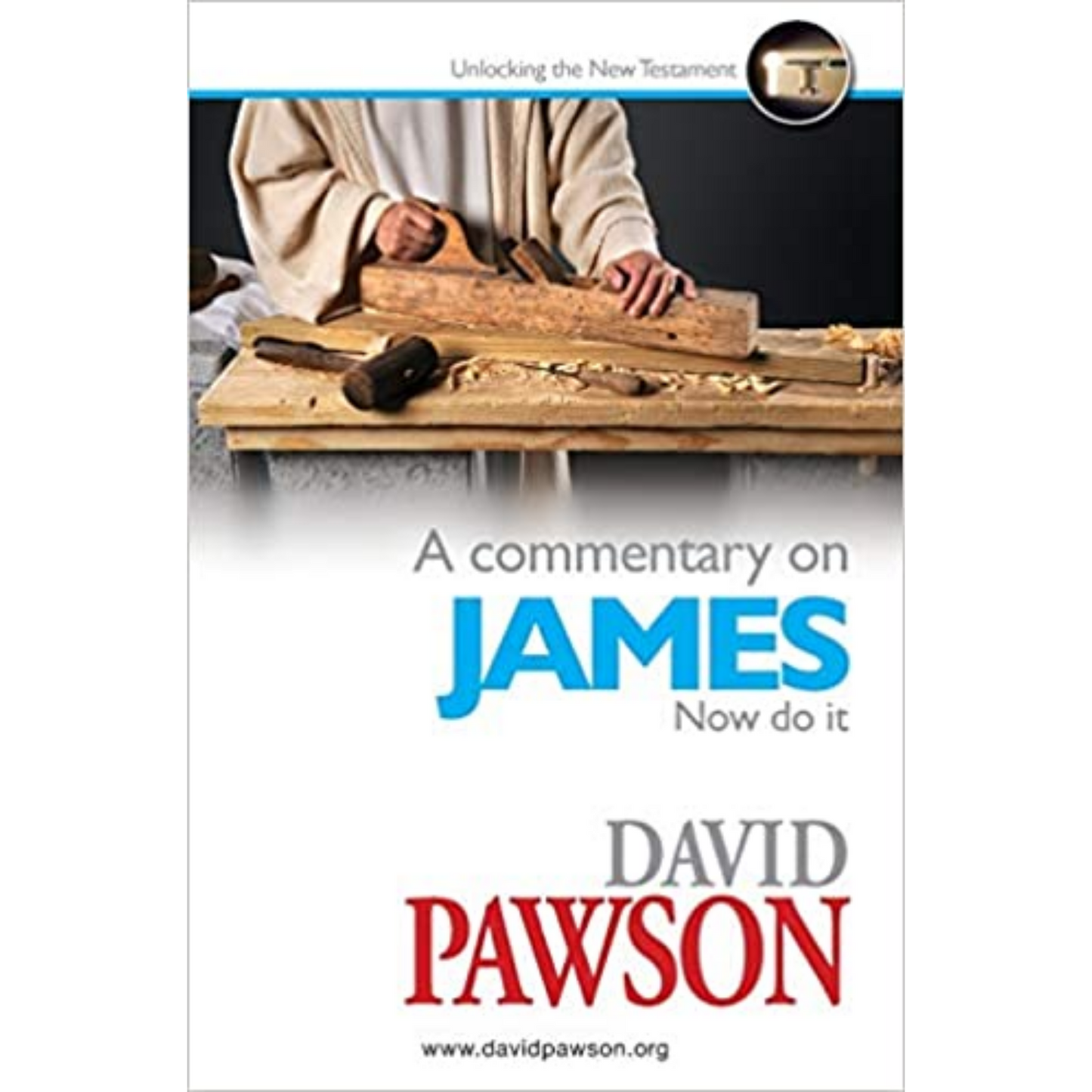A Commentary On James
A Commentary On James
3 in stock
Couldn't load pickup availability
- For Pick-up at Orchard Towers (Level 4 Info Counter, Weekend Services), Please indicate under "Order Special Instructions" before Check Out.
Common sense is not all that common, especially in its sanctified form. But the letter of James to the dispersed Messianic believers of his day is full of it. Skeptical about his half-brother Jesus before his death, he became his devoted slave after his resurrection. No wonder he led the Jerusalem church through its major crisis.
Though he wrote in excellent Greek, he thought like a Hebrew sage, in a circular rather than linear fashion (as in the book of Proverbs) returning repeatedly to such basic topics as wealth, prayer, and speech. His favourite words are the verb ‘do’ and the noun ‘doer’.
So faith is something to be done, not just thought or felt. Without being acted upon, it is dead. It cannot save. Like love, it must ‘work’. This emphasis on ‘faith-works’ is not contradictory to Paul’s censure on law-works but a vital and complementary balance to the New Testament concept of faith.


